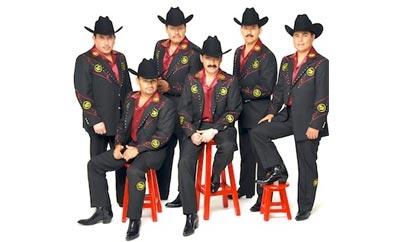The Mexican Supreme Court has overturned Sinaloa state’s ban on “narcocorridos,” folk songs about the exploits of drug traffickers, which the state government says glamorize criminals.
The administration of Sinaloa Governor Mario Lopez Valdez said it would respect the February 14 decision, but warned that “Sinaloan society is losing out,” reported El Universal.
Sinaloa state introduced the ban on public performances of narcocorridos in May 2011, threatening bars with the removal of their liquor licences if they hosted shows.
The Supreme Court found that Lopez had exceeded his powers in creating the legislation, as CNN reported.
After the ruling, the Sinaloa government explained that its intention had been to halt the growing influence of “narco-culture.”
InSight Crime Analysis
“Narco-culture” refers to the infiltration of drug cartel imagery into music, language, and even religious icons, playing off ideas of traffickers as rebel outlaws or glamorous gangsters. Battling this celebration of the drug trade has become another front in Mexico’s drug war, as the Sinaloa ban demonstrated.
However, as InSight Crime noted at the time, it is difficult to enforce a ban on a style of music, and, even if successfully implemented, it would not change all the other factors that make Sinaloa state prime territory for traffickers. Such bans also have serious implications for the right to freedom of expression.
Chihuahua city, in north Mexico, has also tried to stop the performance of narcocorridos, banning norteño group Los Tigres del Norte from playing in March last year, while Tijuana city, Baja California state and Nuevo Leon state have all imposed similar bans.

